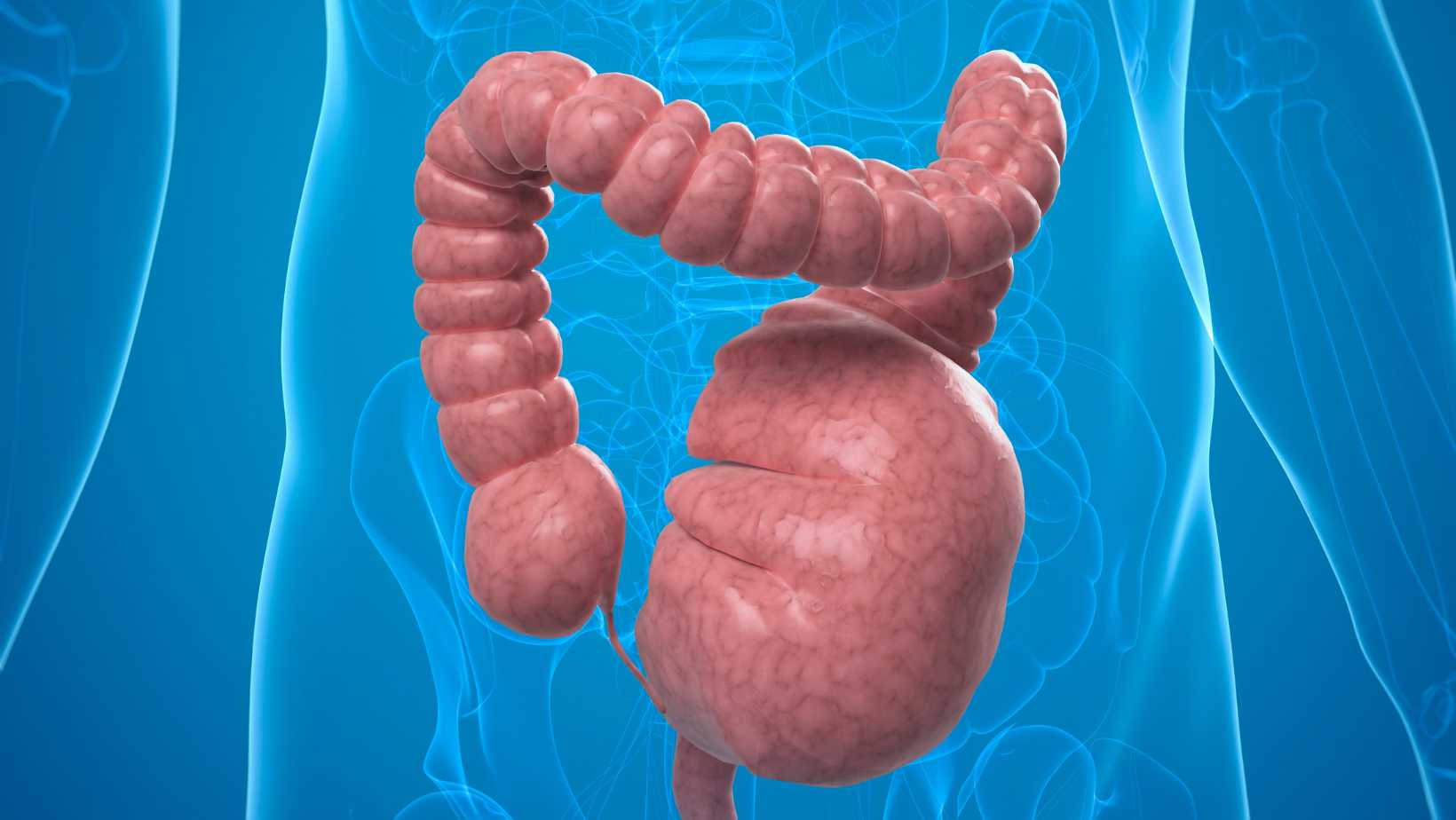
What is Megacolon? Megacolon is a condition where the colon becomes abnormally large. This can lead to severe constipation, abdominal pain, and bloating. What causes Megacolon? It can be caused by various factors, including congenital issues like Hirschsprung's disease, infections, or chronic conditions such as Chagas disease. How is Megacolon treated? Treatment often involves medications to manage symptoms, but severe cases might require surgery to remove the affected part of the colon. Why is it important to know about Megacolon? Understanding this condition can help in early diagnosis and treatment, improving the quality of life for those affected. Who is at risk? Both children and adults can develop Megacolon, but certain genetic factors and underlying health conditions may increase the risk.
What is Megacolon?
Megacolon is a condition where the colon (large intestine) becomes abnormally enlarged. This can lead to severe complications if not treated properly. Here are some intriguing facts about this medical condition.
-
The term "megacolon" comes from Greek, where "mega" means large and "colon" refers to the large intestine.
-
Megacolon can be congenital (present at birth) or acquired later in life.
-
Hirschsprung's disease is a common congenital cause of megacolon, affecting newborns.
-
Acquired megacolon can result from chronic constipation, infections, or neurological disorders.
-
Symptoms often include abdominal pain, bloating, and severe constipation.
Causes and Types of Megacolon
Understanding the causes and types of megacolon can help in identifying and managing the condition effectively.
-
Hirschsprung's disease occurs due to missing nerve cells in the muscles of the baby's colon.
-
Toxic megacolon is a life-threatening complication of inflammatory bowel diseases like Crohn's disease and ulcerative colitis.
-
Chagas disease, caused by a parasite, can lead to megacolon in some cases.
-
Pseudo-obstruction, where the colon appears blocked but isn't, can also cause megacolon.
-
Chronic use of certain medications, like opioids, can contribute to the development of megacolon.
Symptoms and Diagnosis
Recognizing the symptoms and getting a proper diagnosis is crucial for managing megacolon.
-
Severe abdominal distension is a hallmark symptom of megacolon.
-
Patients may experience nausea and vomiting due to the buildup of waste in the colon.
-
A physical exam and medical history are the first steps in diagnosing megacolon.
-
Imaging tests like X-rays, CT scans, and MRI can help visualize the enlarged colon.
-
A rectal biopsy may be performed to check for Hirschsprung's disease.
Treatment Options
Various treatment options are available depending on the type and severity of megacolon.
-
For Hirschsprung's disease, surgery to remove the affected part of the colon is often necessary.
-
In cases of toxic megacolon, immediate medical intervention is required to reduce inflammation and prevent perforation.
-
Medications to manage symptoms and underlying conditions can be effective for some patients.
-
Dietary changes, including increased fiber intake, can help manage chronic constipation-related megacolon.
-
In severe cases, a colostomy may be performed to divert waste from the colon.
Complications and Prognosis
Megacolon can lead to serious complications if not treated properly. Understanding these risks can help in managing the condition better.
-
Untreated megacolon can lead to bowel perforation, a life-threatening condition.
-
Chronic megacolon can cause malnutrition due to poor absorption of nutrients.
-
Patients with megacolon are at higher risk for developing sepsis, a severe infection.
-
Early diagnosis and treatment can significantly improve the prognosis for patients with megacolon.
-
Regular follow-up with a healthcare provider is essential for managing the condition long-term.
Interesting Historical Facts
Megacolon has been known and studied for centuries. Here are some historical tidbits about this condition.
-
The first recorded case of Hirschsprung's disease was described by Danish pediatrician Harald Hirschsprung in 1888.
-
Ancient Egyptian medical texts mention symptoms that could be attributed to megacolon.
-
In the early 20th century, surgical techniques for treating megacolon began to improve significantly.
-
The discovery of the parasite causing Chagas disease in 1909 linked the condition to megacolon.
-
Advances in imaging technology have made diagnosing megacolon much more accurate in recent decades.
Modern Research and Future Directions
Ongoing research continues to shed light on megacolon, leading to better treatments and outcomes.
-
Genetic studies are helping to identify the causes of congenital megacolon.
-
New medications are being developed to manage inflammation in cases of toxic megacolon.
-
Researchers are exploring less invasive surgical techniques for treating megacolon.
-
Advances in microbiome research may lead to new treatments for megacolon related to gut bacteria imbalances.
-
Patient education and support groups are becoming more available, helping those with megacolon manage their condition more effectively.
Final Thoughts on Megacolon
Megacolon isn't just a medical term; it's a condition that can deeply impact lives. Understanding its causes, symptoms, and treatments can help those affected manage it better. From congenital issues like Hirschsprung's disease to acquired conditions such as Chagas disease, megacolon has various origins. Symptoms like severe constipation, abdominal pain, and bloating are common, but early diagnosis and treatment can make a big difference. Treatments range from medications to surgeries, depending on the severity. Awareness and education are key to managing this condition effectively. If you or someone you know shows signs of megacolon, seeking medical advice promptly is crucial. Knowledge is power, and being informed can lead to better health outcomes. Stay curious, stay informed, and take care of your health.
Was this page helpful?
Our commitment to delivering trustworthy and engaging content is at the heart of what we do. Each fact on our site is contributed by real users like you, bringing a wealth of diverse insights and information. To ensure the highest standards of accuracy and reliability, our dedicated editors meticulously review each submission. This process guarantees that the facts we share are not only fascinating but also credible. Trust in our commitment to quality and authenticity as you explore and learn with us.
